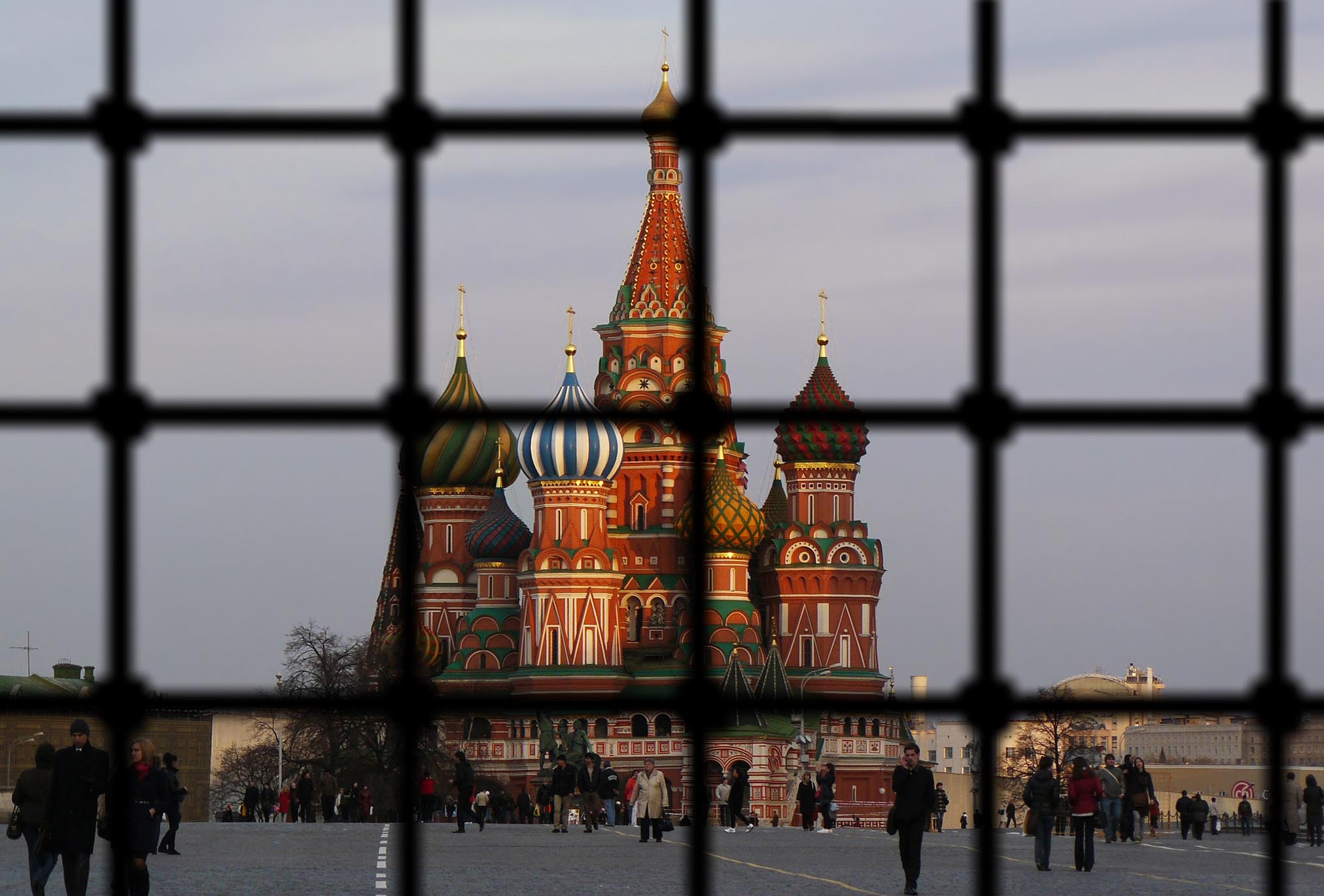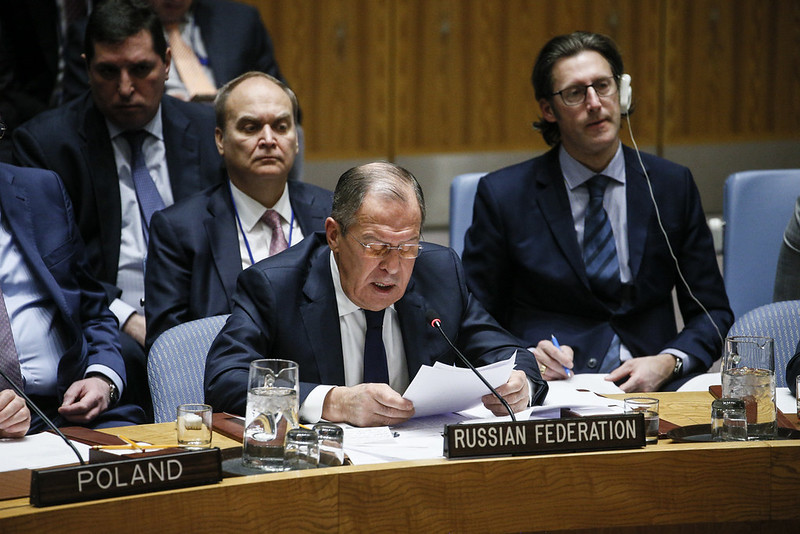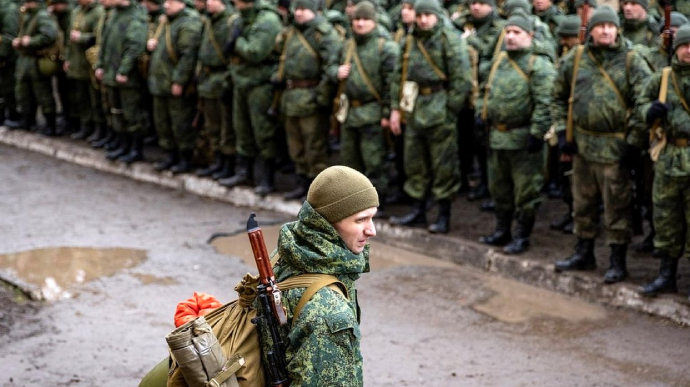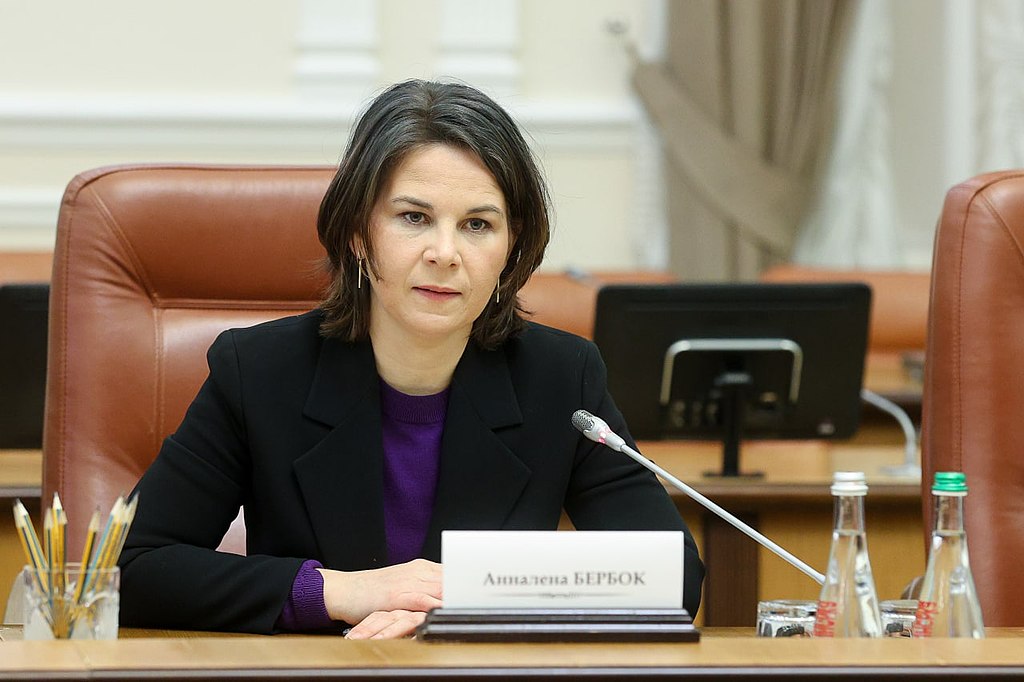In late March 2023, Ukrainian intelligence released an audio recording of a conversation between a successful music producer who is loyal to the Kremlin, Iosif Prigozhin (sharing his surname with the notorious Yevgeny Prigozhin), and former Russian Senator Farkhad Akhmedov.
During the 30-minute recording, both interlocutors can be heard complaining that President Vladimir Putin, having unleashed a senseless war in Ukraine, deprived their children and the whole country of a future. They note that nothing has gone right during the war, and soon the “Prigozhinites” and “Kadyrovtsy” will “brandish sledgehammers” and punish their opponents with absolute impunity.
Wagner POW who surrendered to Ukraine executed by his own with sledgehammer
Even though Iosif Prigozhin called
the recording a “fake,” most commentators are inclined to believe its authenticity and are not surprised at the views expressed in the conversation. Russian political scientist Vladimir Pastukhov believes that a civil war is already underway in Russia, and it is not tearing society apart as of yet only because the Kremlin has created an “outlet” for popular discontent in the form of an “imperialist” war.
Mikhail Khodorkovsky, a former political prisoner and former head of the Russian oil company Yukos, also believes that, in the future, conflict may arise between people who are “self-made” without the help of Vladimir Putin and those who are only able to maintain wealth under the current regime. Khodorkovsky assumes that, sooner or later, a civil confrontation will break out between the beneficiaries of the war in Ukraine at all levels and those who are on the losing end as a result of hostilities and the economic “pivot to the East.”
Additionally, according to the oppositionist, as the federal center weakens, conflicts between Moscow and the regions may escalate.
Indeed, it has already been noted that, due to the active involvement of the Russian population in the war against Ukraine, the number of its beneficiaries is growing both among ordinary people and government authorities, including local and regional elites. So far, most of Russia supports these factions; however, the situation may change as the state’s economic support of some groups will be accompanied by serious financial losses for others.
Now, it seems that the only priority for the Putin regime is war, and its financing is carried out to the detriment of other areas. Russian military analysts do not hide the fact that military operations require huge costs. For example, the cost of each military aircraft is estimated at several billion rubles and critical munitions at tens of millions. Based on this, it is not surprising that the authorities can fund the inflated military spending only by reducing funding for other budget items. At first, such an imbalance is felt primarily by entrepreneurs, but over time, it becomes more pronounced for “ordinary” Russians as well.
According to the Russian budget for this year and the next two, allocations for healthcare are planned to be reduced by 16.7 percent. Such reductions will directly affect the sections “Fighting Oncological Diseases” and “Development of Children’s Healthcare.” In addition, the budget money allocated for environmental programs is being reduced
by 24 percent. Even pro-government sources admit that spending in the regions is also expected to be significantly sequestered, and, above all, this will damage social support.
Meanwhile, Western sanctions have already caused damage to all sectors of Russian industry, including those that are crucial for the population. In recent weeks, economists have noted that 80 to 85 percent of the raw materials needed to make Russian medicines are being imported. The same is true in other areas as well. At the beginning of the war, the share of imports for parts in a number of industries was: 95 percent for the auto industry; 92 percent for games and toys; 87 percent for shoes; 86 percent for telecommunications equipment; 82 percent for clothing; and 57 percent for perfumes, cosmetics, and detergents. After a year of the war, even the pro-government media had to admit that import substitution has failed, which means that the shortages of all these goods will be felt ever-more acutely by Russian society.
In addition to limited resources, Russians are likely to face an increasingly unequal distribution of resources. According to data from the state-run Regional Control Centers, citizens whose relatives and friends are connected with the “special military operation” believe that they deserve priority attention from local and regional authorities and, thus, are more assertive in formulating their demands. For their part, some sociologists believe
that such people will demand more and more resources while the possibilities of local budgets are limited.
Such behavior will inevitably give rise to conflicts both with Russian officials and with the “deprived” part of society that is not connected to the war. Quite indicative in this regard is the conflict between the military and environmentalists that arose due to the deployment of air defense systems in several districts of Moscow. For this purpose, the military cut down forests in protected areas, including some that were located at UNESCO World Heritage Sites. Residents, in turn, fear that the placement of military objects near their homes entails an immediate threat to their safety.
Meanwhile, statistics show that denunciations have become the main way to resolve conflicts in modern Russia. The opposition publication Verstka, after analyzing court decisions on “anti-war” charges, found that some reasons for “appealing to the authorities” include talking about Ukraine, listening to Ukrainian songs and using yellow and blue symbols. These complaints are written by both neighbors and complete strangers—for example, those who overheard a conversation at a nearby cafe.
The historical experience of Russia shows that denunciations, which began “for ideological reasons,” soon turned into a method for settling personal scores. Historians note that, during the years of Stalin’s Great Terror (1937–1938), one of the most common scenarios was to denounce a neighbor in a communal apartment to “free up living space” and improve living conditions.
This means that, regardless of how they feel about the war, Russian citizens are unlikely to be able to avoid economic confrontations, the stakes of which are extremely high in conditions of political repression.
Related:
- How the EU should ramp up energy sanctions to end Russia’s war ASAP
- Are the sanctions on Russia working?
- Russia seeks external financial support for its war against Ukraine through sovereign debt issuance – UK intel
- Video of ISIS-style execution of Ukrainian POW shared by Russian TG channels
- EU imposes sanctions on Russia’s Wagner PMC after a video of the alleged beheading of a Ukrainian POW surfaces
- Frontline report: Russian regulars reinforce PMC Wagner as their new wave of attack on Bakhmut comes at a huge cost






